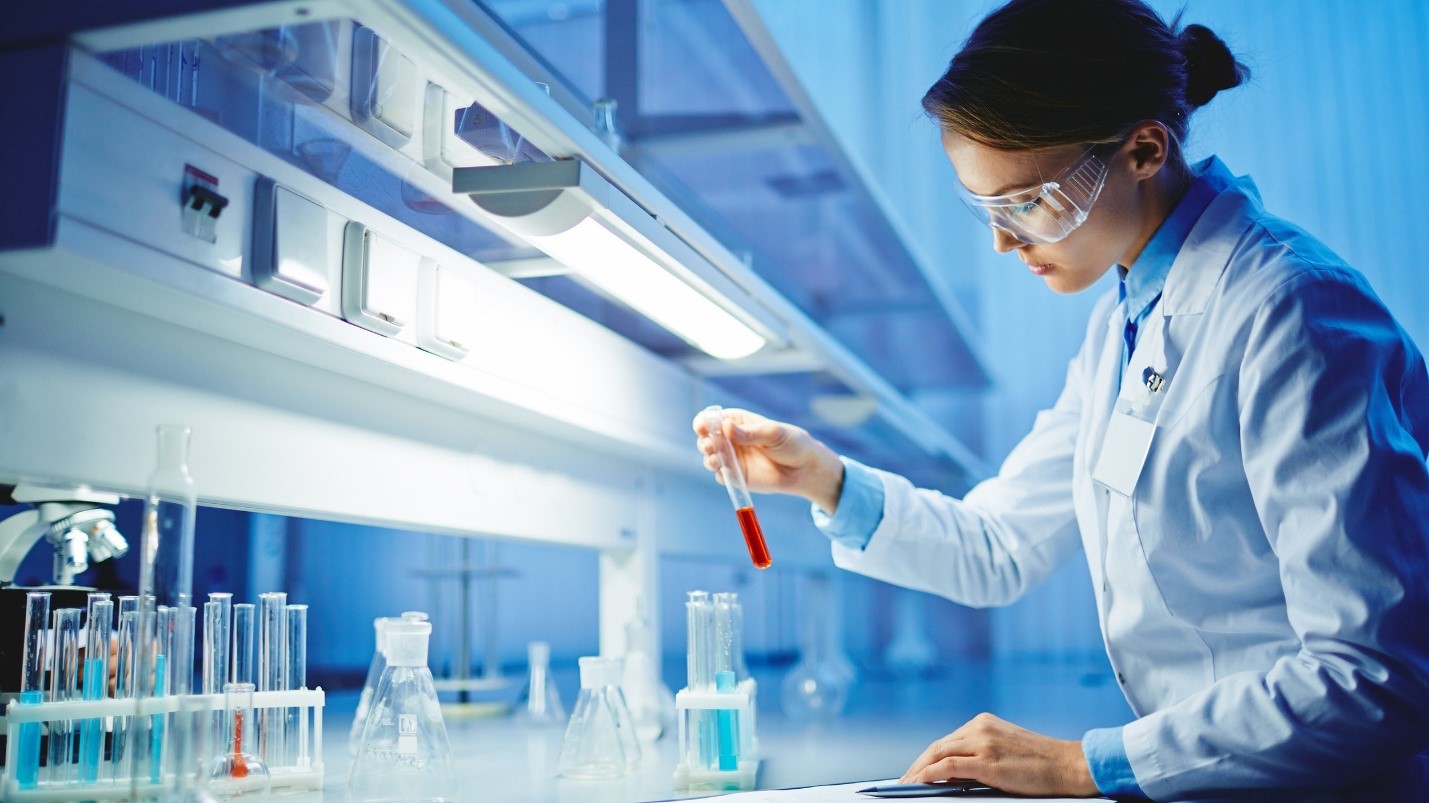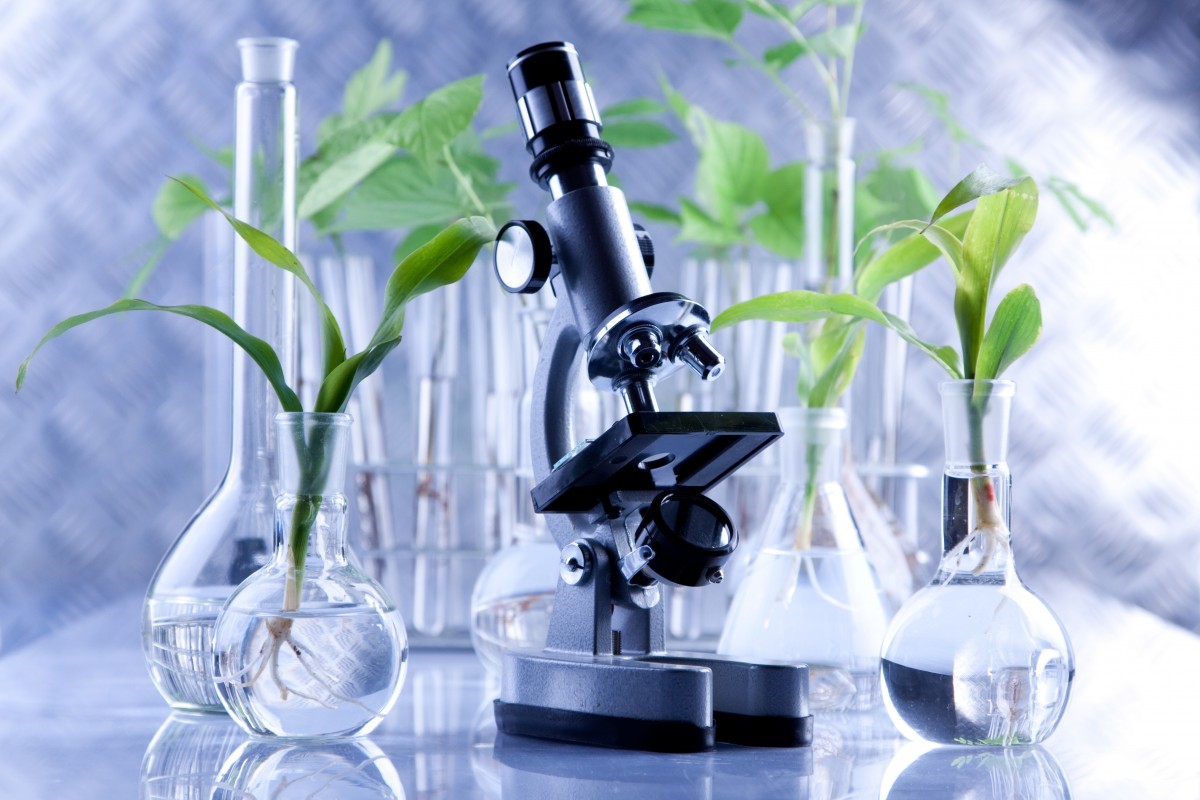Biotechnology, a field that combines biological sciences with engineering principles, has been making waves in various sectors, particularly in medicine. The convergence of biotechnology and medicine is transforming healthcare, offering innovative treatments, personalized therapies, and even potential cures for previously untreatable conditions. This article delves into the significant advances in biotechnology and how they are shaping the future of medicine.
The Promise of Biotechnology in Medicine
Biotechnology has long been a cornerstone of medical advancements. From the development of vaccines to the synthesis of insulin, biotechnology has provided tools and techniques that have revolutionized healthcare. Today, the field is expanding at an unprecedented rate, driven by advancements in genomics, bioinformatics, and molecular biology.
Genomic Medicine: Personalized Healthcare
One of the most promising areas where biotechnology intersects with medicine is in the field of genomic medicine. The Human Genome Project, completed in 2003, was a monumental milestone that mapped the entire human genome. This achievement has paved the way for personalized medicine, where treatments can be tailored to an individual’s genetic makeup.
Genomic medicine allows for the identification of genetic predispositions to diseases, enabling early intervention and prevention. For instance, BRCA1 and BRCA2 gene mutations are known to increase the risk of breast and ovarian cancers. By identifying these mutations early, individuals can take proactive measures, such as increased surveillance or preventive surgeries, to mitigate their risk.
Moreover, pharmacogenomics, a subset of genomic medicine, studies how genes affect a person’s response to drugs. This knowledge enables healthcare providers to prescribe medications that are most effective for a particular genetic profile, minimizing adverse effects and improving therapeutic outcomes.
CRISPR and Gene Editing: A New Frontier
CRISPR-Cas9, a revolutionary gene-editing technology, has garnered significant attention for its potential to treat genetic disorders. This technology allows for precise modifications to DNA, offering the possibility of correcting genetic mutations that cause diseases.
For example, CRISPR has shown promise in treating sickle cell anemia, a genetic blood disorder. By editing the faulty gene responsible for the disease, researchers have been able to produce healthy red blood cells, offering hope for a potential cure. Similarly, CRISPR is being explored for its potential to treat other genetic conditions, such as cystic fibrosis and muscular dystrophy.
While the ethical implications and long-term effects of gene editing are still being debated, the potential of CRISPR to revolutionize medicine is undeniable.
Regenerative Medicine: Healing from Within
Regenerative medicine, another exciting frontier in biotechnology, focuses on repairing or replacing damaged tissues and organs. Stem cell therapy and tissue engineering are two key components of this field.
Stem cells have the unique ability to differentiate into various cell types, making them invaluable for regenerative medicine. Researchers are exploring ways to use stem cells to treat conditions such as spinal cord injuries, heart disease, and diabetes. For instance, stem cell therapy has shown promise in regenerating damaged heart tissue following a heart attack, potentially reducing the risk of heart failure.
Tissue engineering, on the other hand, involves creating biological substitutes to restore or replace damaged tissues. Advances in 3D bioprinting have enabled the creation of complex tissue structures, such as skin, cartilage, and even organs. While the creation of fully functional organs for transplantation is still in its infancy, the progress made in this field holds immense potential for addressing the shortage of donor organs.

Biotechnology in Drug Development
The process of drug development has traditionally been lengthy and costly. However, biotechnology is streamlining this process, making it more efficient and effective.
Biopharmaceuticals: A New Class of Drugs
Biopharmaceuticals, also known as biologics, are drugs produced using living organisms. These include monoclonal antibodies, recombinant proteins, and vaccines. Biopharmaceuticals have transformed the treatment landscape for various diseases, including cancer, autoimmune disorders, and infectious diseases.
Monoclonal antibodies, for example, are engineered to target specific molecules involved in disease processes. This targeted approach has led to the development of highly effective treatments for conditions such as rheumatoid arthritis and certain types of cancer. Biopharmaceuticals are also at the forefront of the fight against COVID-19, with several vaccines and therapeutic antibodies developed using biotechnology.
Artificial Intelligence and Machine Learning
Artificial intelligence (AI) and machine learning (ML) are playing an increasingly important role in biotechnology and medicine. These technologies are being used to analyze vast amounts of biological data, identify potential drug candidates, and predict patient responses to treatments.
AI-driven drug discovery platforms can screen millions of compounds in a fraction of the time it would take using traditional methods. This accelerated process not only reduces the time and cost associated with drug development but also increases the likelihood of finding effective treatments for complex diseases.
Machine learning algorithms are also being used to analyze genomic data, identify disease biomarkers, and develop predictive models for patient outcomes. These insights are invaluable for developing personalized treatment plans and improving patient care.
The Future of Biotechnology in Medicine
The advances in biotechnology are not just limited to treatment and drug development. They are also transforming diagnostics, preventive care, and healthcare delivery.
Advanced Diagnostics
Early and accurate diagnosis is crucial for effective treatment. Biotechnology is enabling the development of advanced diagnostic tools that can detect diseases at their earliest stages.
Liquid biopsies, for example, are a non-invasive diagnostic tool that analyzes circulating tumor DNA in the blood. This technology allows for the early detection of cancers, monitoring of treatment responses, and identification of potential relapses. Similarly, advances in molecular diagnostics are enabling the rapid detection of infectious diseases, such as COVID-19, improving patient outcomes and preventing the spread of infections.
Preventive Care
Preventive care is another area where biotechnology is making a significant impact. Vaccines, a cornerstone of preventive medicine, have been revolutionized by biotechnology. The development of mRNA vaccines, such as those used for COVID-19, has demonstrated the potential for rapid and effective vaccine production.
Additionally, biotechnology is enabling the development of preventive therapies for genetic conditions. For example, gene therapy techniques are being explored to prevent the onset of genetic diseases in individuals with known risk factors.
Telemedicine and Digital Health
The integration of biotechnology with digital health is enhancing healthcare delivery. Telemedicine, which gained prominence during the COVID-19 pandemic, is being augmented with biotechnological tools to provide remote diagnostics and monitoring.
Wearable devices, equipped with biosensors, can continuously monitor vital signs and detect early signs of health issues. These devices can transmit data to healthcare providers in real-time, enabling timely interventions and personalized care.
Conclusion
The intersection of biotechnology and medicine is ushering in a new era of healthcare. The advances in genomic medicine, gene editing, regenerative medicine, and biopharmaceuticals are transforming the way we diagnose, treat, and prevent diseases. Furthermore, the integration of AI and digital health is enhancing the efficiency and effectiveness of healthcare delivery.
While challenges remain, including ethical considerations and regulatory hurdles, the potential of biotechnology to revolutionize medicine is undeniable. As research and development continue to advance, we can look forward to a future where healthcare is more personalized, effective, and accessible, ultimately improving the quality of life for individuals around the world.




